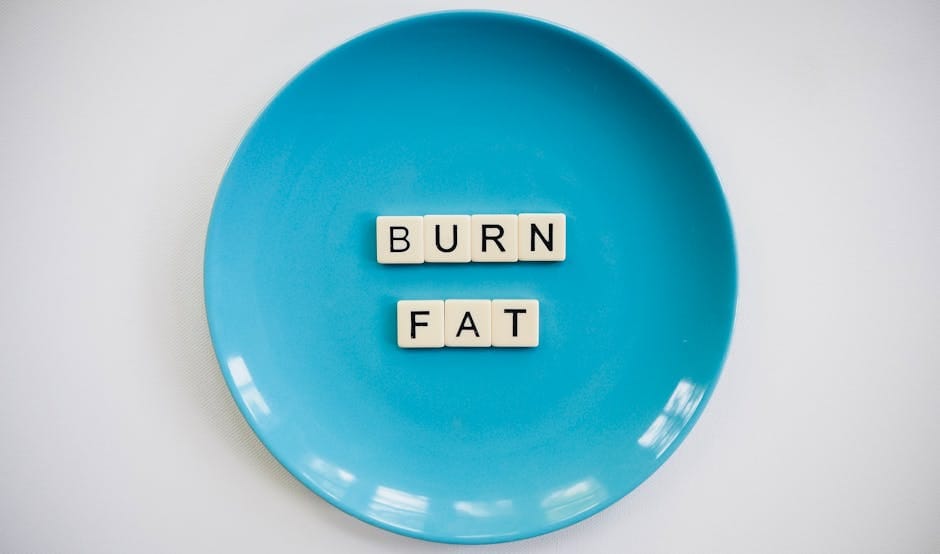Losing weight is a common goal for many people, but it can be a challenging journey. This comprehensive guide will provide you with the essential knowledge and strategies you need to succeed in your weight loss endeavors.
**Understanding the Basics**
Weight loss boils down to a simple equation: consuming fewer calories than you burn. This means creating a calorie deficit, which can be achieved through a combination of diet and exercise. The amount of weight you lose will depend on the size of your calorie deficit and how consistently you maintain it.
**Dietary Strategies**
A nutritious diet is paramount for successful weight loss. Focus on consuming whole, unprocessed foods such as fruits, vegetables, lean protein, and whole grains. These foods are filling, nutrient-rich, and low in calories. Conversely, limit processed foods, sugary drinks, and unhealthy fats, as they contribute to weight gain.
**Physical Activity**
Physical activity is crucial for weight loss because it burns calories and boosts metabolism. Aim for at least 150 minutes of moderate-intensity aerobic activity or 75 minutes of vigorous-intensity aerobic activity each week. Additionally, incorporate strength training exercises into your routine to build lean muscle mass, which further increases calorie expenditure.
**Lifestyle Modifications**
Beyond diet and exercise, certain lifestyle modifications can support weight loss. Get adequate sleep, as sleep deprivation can lead to hormonal imbalances that promote weight gain. Manage stress effectively, as stress can trigger cravings and overeating. Additionally, surround yourself with a support system and seek professional guidance from a registered dietitian or healthcare provider if needed.
**Setting Realistic Goals**
When starting a weight loss journey, it's important to set realistic goals. Aim for a gradual weight loss of 1-2 pounds per week. Rapid weight loss is not sustainable and can be harmful to your health. Focus on making gradual, healthy changes to your lifestyle that you can maintain in the long run.
**Consistency and Patience**
Losing weight is a process that takes time and effort. There will likely be setbacks along the way, but it's crucial to stay consistent and patient. Don't give up if you slip up occasionally. Instead, learn from your mistakes and adjust your approach as needed. Remember, weight loss is a journey, not a destination.
**Maintaining Weight Loss**
Once you've reached your weight loss goals, it's important to maintain them. This requires continued adherence to healthy eating habits and regular physical activity. Additionally, be mindful of your triggers and develop strategies to prevent weight regain. With dedication and perseverance, you can maintain your weight loss and enjoy the benefits of a healthier lifestyle.
**Conclusion**
Losing weight can be a challenging but ultimately rewarding endeavor. By understanding the basics, adopting healthy dietary strategies, engaging in regular physical activity, making positive lifestyle modifications, setting realistic goals, maintaining consistency and patience, and employing strategies for maintaining weight loss, you can achieve your goals and live a healthier, more fulfilling life. Remember, the journey may not always be easy, but the results are worth the effort.

